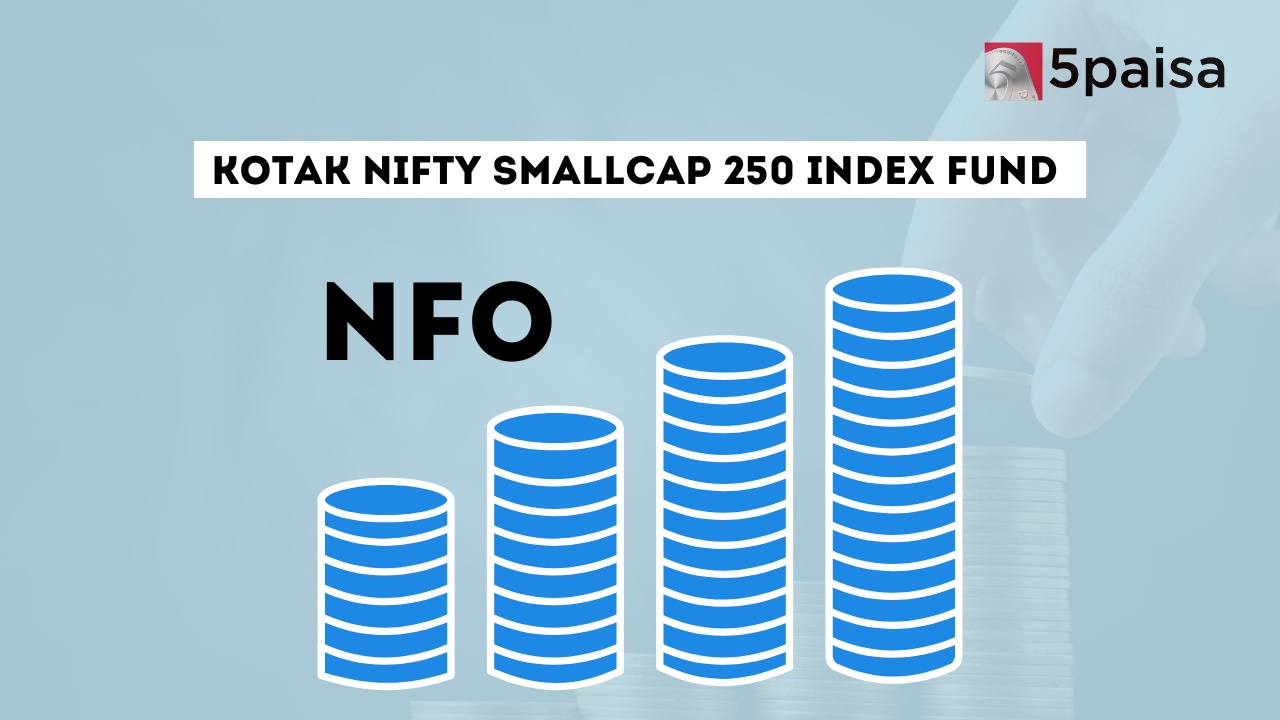CEA Urges States to Leverage Private Capital for $107 Billion Transmission Grid Expansion
SEBI released a new framework for Credit Rating Agencies

Last Updated: 11th December 2022 - 12:44 pm
During the week, the Securities and Exchange Board of India (SEBI) came out with a new framework for credit rating agencies which involved ratings of securities with explicit credit enhancement (CE) features. The idea is to bring out better understanding and transparency in the rating process. The new rules would be applicable effective from January 2023 and would be applicable to all rated securities, whether listed or not, as long as they come under the purview of SEBI. Under the new rule, rating agencies can attach the suffix CE where there is explicit credit enhancement assigned to such instruments.
CE suffix would be subject to certain conditions as under
Credit enhancement refers to all the factors that reduce the risk of a loan as if it were an unsecured loan. Thus offering promoter shares as a pledge would be a case of credit enhancement. Similarly, a personal guarantee of the promoter would also be a credit enhancement. However, the condition here is that such guarantees must be explicit guarantees and not letters of comfort and similar such letters that are not legally enforceable. Similarly, as is common in India, guarantees by the government or financial institution or even from the parent company can work as credit enhancement.
However, such credit enhancement would be subject to certain conditions.
a) The company has to disclose the unsupported ratings without factoring in the explicit credit enhancement.
b) They must also disclose the specified support considerations in detail and supported rating after factoring in the credit enhancement.
c) The press release that is issued by the credit rating agency or the company in question must disclose in detail all the covenants with a detailed explanation of what it means to the credit rating of the security. Such disclosures would enable the users to get an understanding of the enhancement in the proper perspective.
d) The CRA will have to independently conduct a due diligence of these specified support considerations and satisfy themselves that such support considerations are genuine and that they actually result in credit enhancement. For example, a guarantee is a credit enhancement but a letter of comfort may not technically be credit enhancement.
e) Credit rating agencies (CRAs), if required, can also obtain an independent legal opinion to ascertain the strength, validity and the legal value of any credit enhancement. It must be legally enforceable as mere statements of intent will not result in credit enhancement.
f) The onus is on the rating agency to verify all such back-up documentation that the agency needs to ensure that such documents are genuine. Such credit enhancements must actually be capable of mitigating the risk of the security and make it less risky for the investors in the said bond / security. More importantly, the rating agency must convince itself that such support documents are legally enforceable and also unconditional. Conditional enhancements cannot be accepted.
g) In the case of guarantee, the rating agency must also do an independent assessment of the guarantee provider and convince itself that such a guarantee actually leads to credit enhancement. In other words, the guarantor should be in a position to deliver on the promise or guarantee in the event of default by the issuer. Also, the guarantor providing the support must have a better credit standing and a lower probability of default as compared to the rated instrument issuer.
Credit enhancements have been a big area of discussion and debate in the last few years. Most issuers felt that they were not getting the full benefit of the credit enhancements provided and in most cases such credit enhancements have a cost to the issuer. The new SEBI clarification should go a long way. OF course, there is a lot more onus and responsibility in this case on the rating agency to undertake extensive due diligence.
- Flat ₹20 Brokerage
- Next-gen Trading
- Advance Charting
- Actionable Ideas
Trending on 5paisa
04
 5paisa Research Team
5paisa Research Team
05
 5paisa Research Team
5paisa Research Team
Indian Market Related Articles
Disclaimer: Investment in securities market are subject to market risks, read all the related documents carefully before investing. For detailed disclaimer please Click here.




